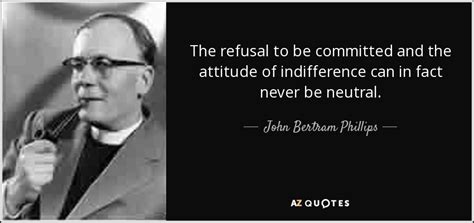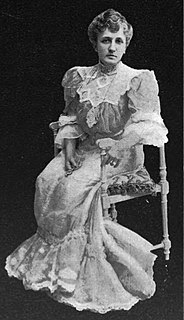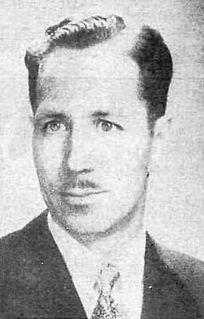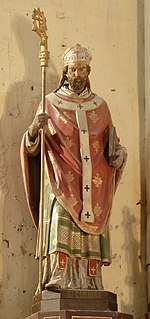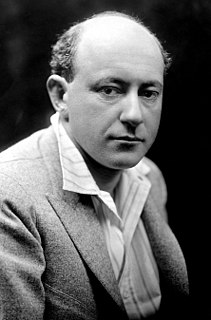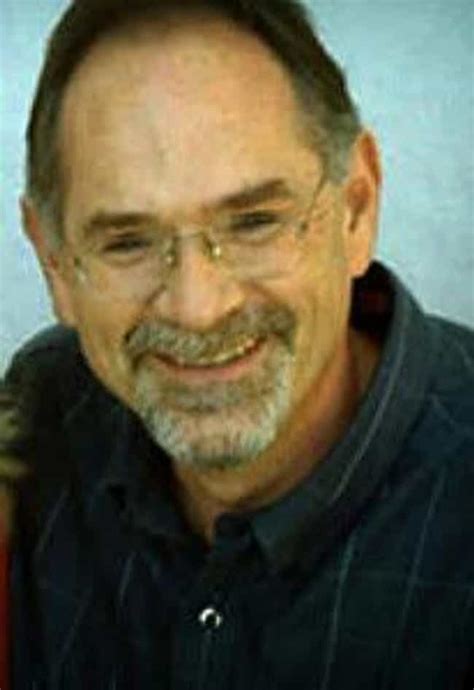A Quote by Martin Luther King, Jr.
I may not be the man I want to be; I may not be the man I ought to be; I may not be the man I could be; I may not be the man I truly can be; but praise God, I'm not the man I once was
Related Quotes
A man's a man for a' that. . . . . A prince can mak a belted knight, A marquis, duke, and a' that; But an honest man's aboon his might, Guid faith he mauna fa' that! . . . Then let us pray that come it may, As come it will for a' that, That sense and worth, o'er a' the earth, May bear the gree and a' that. For a' that, and a' that, It's comin' yet, for a' that, When man to man, the world o'er, Shall brithers be for a' that.
The bible teaches that a father may sell his daughter for a slave, that he may sacrifice her purity to a mob, and that he may murder her, and still be a good father and a holy man. It teaches that a man may have any number of wives; that he may sell them, give them away, or swap them around, and still be a perfect gentleman, a good husband, a righteous man, and one of God's most intimate friends; and that is a pretty good position for a beginning.
We often say, and you have heard the expression as it has already been referred to in this conference, that "as man now is, God once was, and as God now is, man may become." The only way man may become as God now is, is through fulfilling the laws of celestial marriage and the laws of the gospel, as I have just read to you the word of the Lord from the D&C. Can we afford to overlook such opportunities for exaltation? Temple marriage is not just another form of church wedding; it is a divine covenant with the Lord that if we are faithful to the end, we may become as God now is.
The problem of reconciling human suffering with the existence of a God who loves, is only insoluble so long as we attach a trivial meaning to the word "love", and look on things as if man were the centre of them. Man is not the centre. God does not exist for the sake of man. Man does not exist for his own sake. "Thou hast created all things, and for thy pleasure they are and were created." We were made not primarily that we may love God (though we were made for that too) but that God may love us, that we may become objects in which the divine love may rest "well pleased".
Man has made 32 million laws since THE COMMANDMENTS were handed down to Moses on Mount Sinai more than three thousand years ago, but he has never improved on God's law. THE TEN COMMANDMENTS are the principles by which man may live with God and man may live with man. They are the expressions of the mind of God for His creatures. They are the charter and guide of human liberty, for there can be no liberty without the law.
In dealing with the State, we ought to remember that its institutions are not aboriginal, though they existed before we were born; that they are not superior to the citizen; that every one of them was once the act of a single man; every law and usage was a man's expedient to meet a particular case; that they all are imitable, all alterable; we may make as good; we may make better.
The so-called godly man may be more likely to do serious wrong than a man who deeply questions himself. The 'godly man' often zealously follows religious precepts that, in the end, justify an unjust injury to others, while the questioning man, addressing his own conscience, may have the better chance to consider all the circumstances and come to the just decision.



